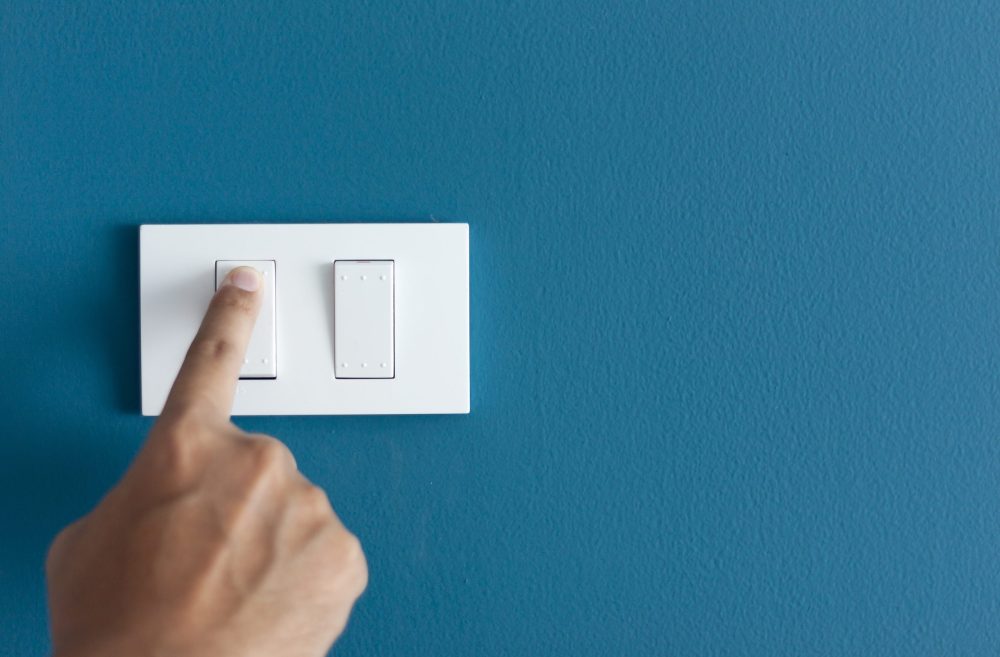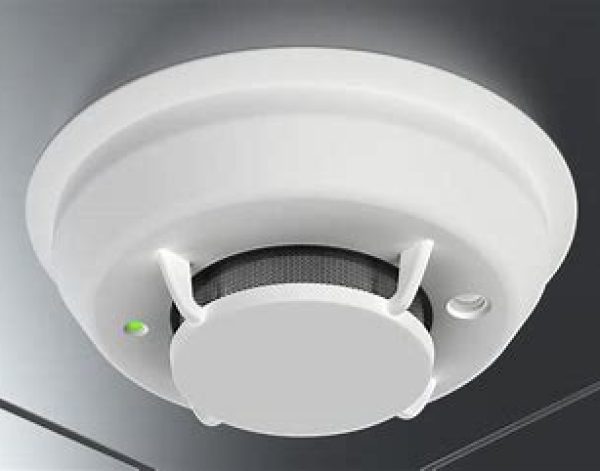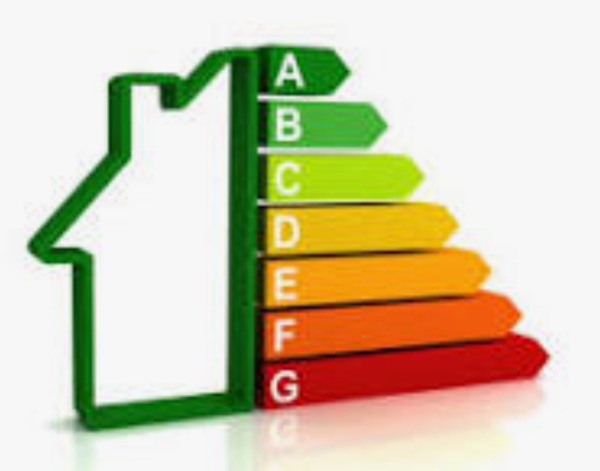As the cold weather approaches, many people will be looking for methods to reduce expenses and make space in their budgets for their holiday present purchases. November is perhaps the beginning of the costliest months of the year.
The following are our top suggestions for householders looking to reduce their energy consumption as the British economy faces a cost-of-living crisis:
Install a smart metre.
Get your energy metres updated right away. There is no issue if you haven’t gotten around to it yet. Installing smart metres won’t cost you anything, and they will provide you with vital data about the energy you use daily and how to effectively start saving energy around your home.
Increase the insulation.
Insulation will protect your home from the cold in the winter and the excess heat in the summer, allowing you to maintain the correct temperature inside all year round. A house with good insulation will consume relatively little additional energy for heating and cooling.
Turn off standby.
Phantom electricity is the energy used by your electrical equipment and appliances when they are plugged in but in standby mode or completely off. Phantom power, often referred to as vampire power or idle current, is thought to be responsible for over 25% of a homeowner’s overall energy costs. It’s a fantastic idea to unplug your electronics at night or whenever you’re done with them to save your energy costs.
Avoid using the dryer.
You may possibly avoid using the tumble dryer by hanging your clothing up on an indoor rack if the heating is already on. If you do need to use the dryer, make sure it is on the most effective setting, add a dry towel to hasten the drying process, and keep checking your items until they are dry to prevent the cycle from running longer than required.
Draft proof doors and windows.
You will probably lose some heat through draughts around doors and windows, gaps around the floor, or the chimney, unless you live in a brand-new house. Draught-proofing by a professional is inexpensive and will save you money over time, but if done correctly, DIY draught-proofing can also be quite effective.
Lower the thermostat.
Although it may be tempting to raise the thermostat as the temperature drops, turning it down by one or two degrees during the winter months will help you save energy, money, and the environment. Lowering the thermostat can help you save 10% on your heating costs, despite what you might believe given how little it is.
OFF the lights.
Although it may seem obvious, when the holiday season approaches, you can find that your electricity costs end up being your biggest outlay. You’ll be grateful in January if you remember to turn off those glistening Christmas lights whenever no one is around to see them.
Shower instead of a bath.
Coming home to a hot bath after a long day outside in the cold can be enticing, but if you do this frequently over the winter, your water bill will reflect this. Try to take fewer baths and opt for a short shower instead.
Utilise energy efficiently during cooking.
Kitchen kettles are among the most often used equipment, and many of us are guilty of boiling the kettle with more water than is necessary. You can save money and water by not filling the kettle to the brim every time you use it. To lessen the flow of water while maintaining the same quality for washing and rinsing, you can think about installing an aerator on your kitchen tap. You won’t even notice these are there because they are inexpensive and simple to install.
Restock the dishwasher.
Before starting the dishwasher, make sure it is entirely filled. Since you won’t need to wash the dishes as frequently and the dishwasher can use the water more effectively, using this strategy may result in more water savings than washing the dishes by hand in the sink.
The property experts of Woolley & Wallis are always here to help offer advice.
Related articles
You may also like
Lettings Legislation Update
Smoke Alarms and Carbon Monoxide Detectors This week the government announced that following parliamentary approval both social and private rented ...
Read moreWhy is it important to have an EPC?
What is an EPC? As part of our sustainability series, we’re outlining what an Energy Performance Certificate (EPC) is and why it’s ...
Read moreThinking of selling?
Request a valuation
The sale process begins with getting an accurate idea of your property’s true value. Fill out the form below to tell us a little about you and your home and a member of our sales team will be in touch at a time that suits you.
Register with us
for our latest properties
Sign up in seconds to jump the queue and hear about our properties before anyone else.



